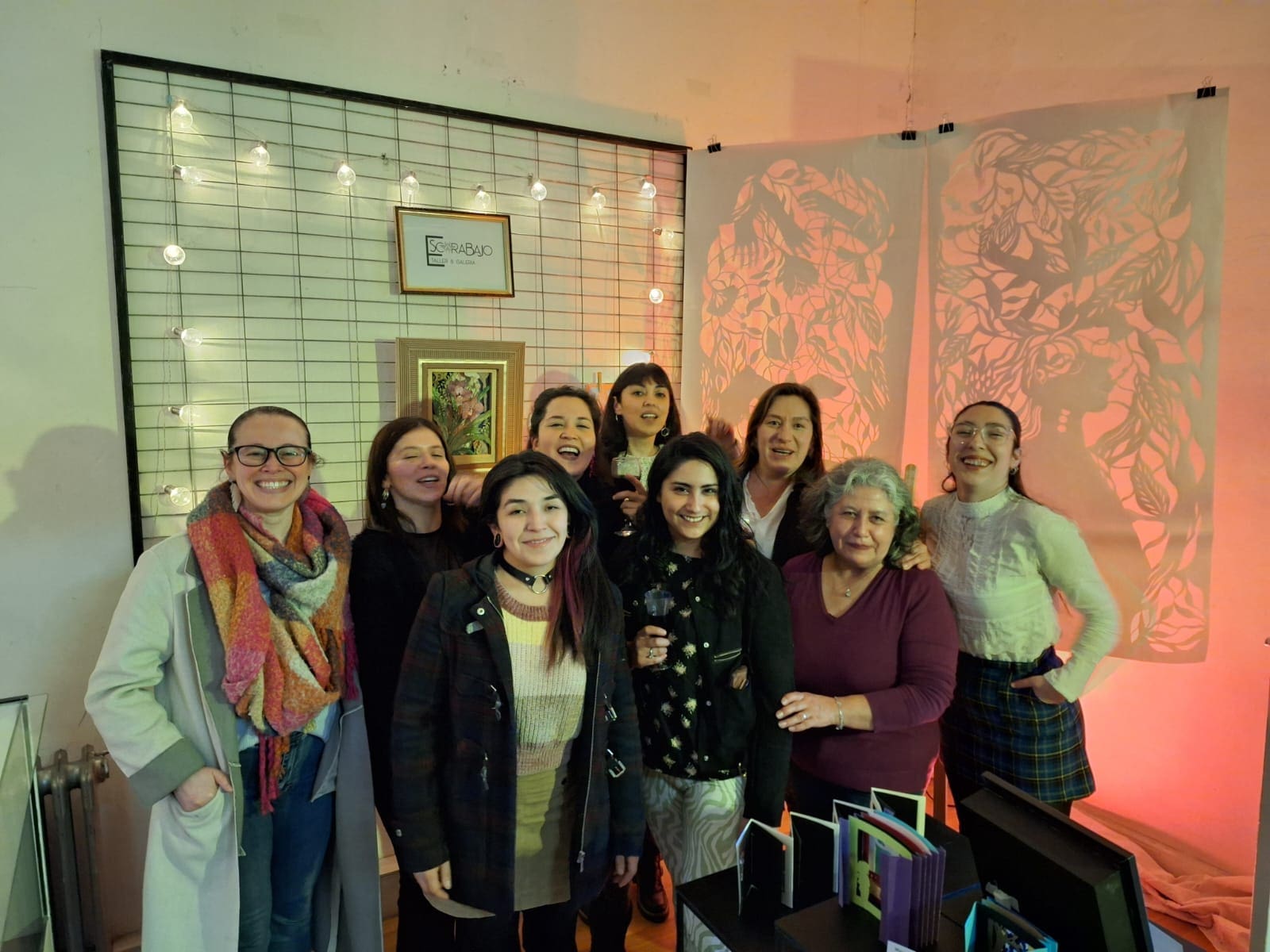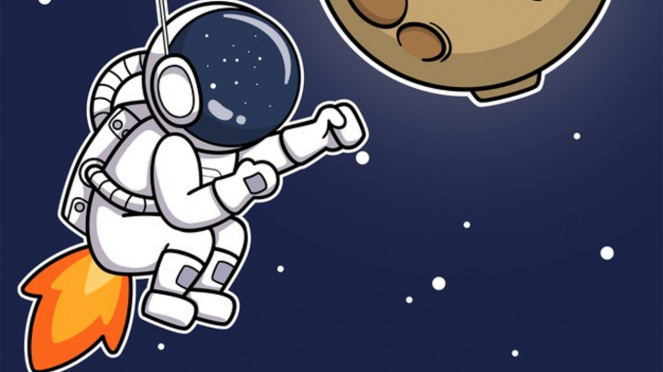The course has begun Science in dialogue CordobaThe publication proposal aims to facilitate access to scientific knowledge and critical thinking about current problems and topics.
In the opening meeting held in Evita Museum – Ferreira PalaceFour scientists from different fields of knowledge discussed the topic of digital intelligence and the various challenges it poses.
Before the presentation to academics, the Minister of Production, Science and Technological Innovation, Pedro Delarosa, and the Head of the Culture Agency of Córdoba, Raúl Sanceca, signed a cooperation agreement with the aim of promoting actions that combine scientific, academic and cultural fields.
The initiative seeks to promote projects of cultural, educational, social and productive importance.
Constructive dialogue
The main goal of the Science in Dialogue Córdoba program is to create spaces for meeting between the scientific community and society.
The initiative is managed by the Secretariat of Science and Technology of the Ministry of Production, Science and Technological Innovation of the Province of Córdoba, organized jointly with the Córdoba Agency of Culture, within the framework of the above-mentioned agreement, and enjoys the invaluable cooperation of Conecite Cordova.
At the launch ceremony, member of the Board of Directors of the Cordoba Agency for Culture, Francisco Marchiaro, expressed: “We are carrying out the first activity with the idea of promoting and embodying activities related to creativity, thought, science, technology, research and development.”
For her part, Monica Balzarini, Director of CONICET Córdoba, noted the importance of creating these spaces and expressed that the institution that manages them “will strongly support this space created by the General Secretariat.”
“We are here to provide scientific information to fuel dialogues and questions and answers. “We intend for it to be a session of several meetings,” he concluded.
Gabriel Raya Tonetti, Minister of Science and Technology, noted that the organization's goal is to create sustainable spaces for dialogue between science and society.
“These are absolutely necessary spaces to contribute to critical thinking, the integration of knowledge and its collective construction, which – among other things – can improve people’s decision-making based on scientific knowledge. Science in the Córdoba Dialogue is, ultimately, A proposal to make available to the community various current topics that are being developed and discussed at the scientific level.”
Let's talk about artificial intelligence
The first course deals with the topic of artificial intelligence.
About 80 people participated in the discussion, and it was attended by scholars specializing in the subject with a focus on communication, philosophy and technology.
Interesting theses, to continue thinking
Ekaitz Cancela Rodriguez was the first speaker. The Basque journalist and writer analyzed the repercussions of the digital age and its intersection with capitalism: “Artificial intelligence is neither intelligent nor artificial: it depends on the works of artists and creators.” He expressed the importance of creating forms of artificial intelligence from the public sector, considering that the data it uses is a public good that should be used to improve people's lives from public institutions.
The thesis continued with the presentation of Javier Blanco, a specialist in philosophy, computing, information philosophy, and philosophy of technology, who proposed approaching artificial intelligence as computational systems and asking what are the ways in which systems are built and what are the possibilities and alternatives to be able to build them.
He also called for reflection on why AI will impact society.
From a philosophical standpoint, Dario Sandroni spoke about this “ubiquitous” expression, which is artificial intelligence, stressing that it is a field that is difficult to define, because it includes many specializations, knowledge, activities, and also a history of its development.
Finally, he urged not to think of it as an abstract force or some kind of ghost growing in computers, but as something physical that includes the machines, systems, and computer layers that today constitute many of the activities of public life.
Finally, Laura Alonso Alemany, a doctor in cognitive and linguistic sciences, specializing in the ethics of artificial intelligence, proposed the idea of demystifying all this complexity and oppression that artificial intelligence surrounds societies.
He expressed that anyone can understand how an artificial intelligence system behaves and determine whether the user has been exposed to a violation or whether sensitive personal data is being accessed, using existing tools that are available to everyone.
All these ideas make it possible to continue thinking about the impact of artificial intelligence on people's lives and societies, but also about the opportunities to develop it for the benefit of society through different strategies.





